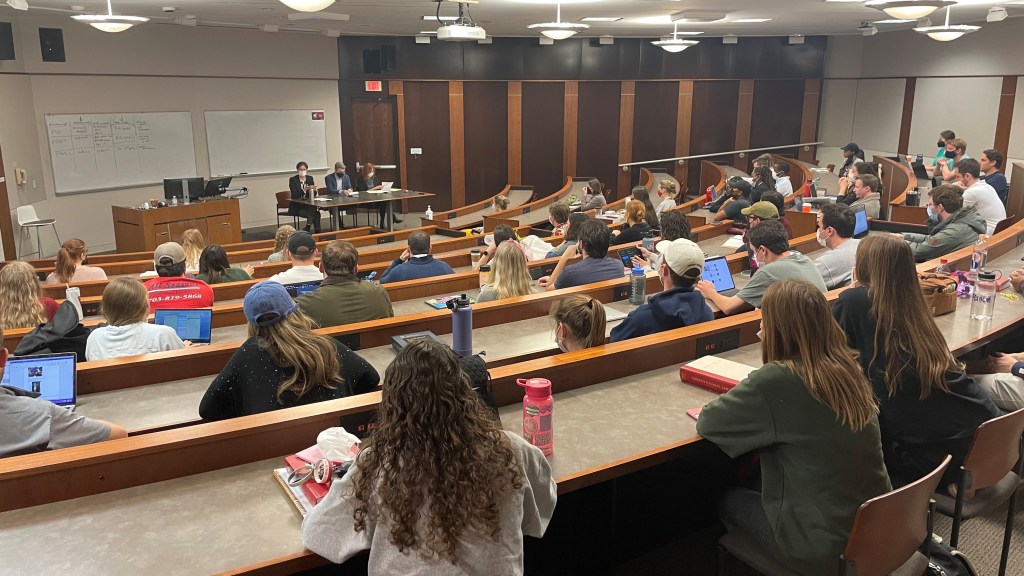
We at the University of Georgia School of Law Dean Rusk International Law Center are pleased to welcome to two Visiting Research Scholars:
● Maisie Hopkins is a Ph.D. candidate at the Utrecht University School of Governance in the Netherlands. She works jointly at Utrecht and another Dutch university, Leiden, on a project entitled “Complex Global Regulation and Corporate Crime.” Within the overarching frame of how complexity within global governance influences corporate crime and corporate regulatory compliance, Hopkins’ research focuses on how international regime complexity theory applies to specific cases of corporate crime in both the United States and the European Union. Hopkins holds prior law degrees from the University of Amsterdam in the Netherlands and University of Nottingham, England. She worked for a year as a Global Legal Department Intern at Reckitt, a British multinational consumer goods company.
Serving as her Georgia Law faculty sponsor is Professor Melissa J. “MJ” Durkee, who is the law school’s Associate Dean for International Programs, Director of the Dean Rusk International Law Center, and Allen Post Professor.
● Daesun Kim is undertaking a comparative administrative law research relating to Vietnam, where he has practiced for several years, and the United States. Specifically, he plans to conduct a comparative analysis of changed circumstances in the two countries’ public-private-partnership projects during the Covid-19 pandemic period. Kim’s practice specialties include public-private partnerships, foreign investments, and cross-border mergers and acquisitions, with a focus on Southeast Asian countries. Holder of a J.D. degree from Handong Global University and a B.A. degree from Chonnam National University, both in Korea, Kim has practiced in Seoul, Korea, and Ho Chi Minh City, Vietnam, at several prestigious law firms, including Shin & Kim LLC and Yulchon LLC, and also was a legal counsel at a Korean construction and energy company, POSCO E&C.
Serving as Kim’s Georgia Law faculty sponsor will be Professor Kent Barnett, Associate Dean for Academic Affairs and J. Alton Professor of Law.
These visits continue our Center’s long tradition of hosting, for brief or extended stays, scholars and researchers whose work touches on issues of international, comparative, or transnational law. Details and an online application to become a visiting scholar here.









